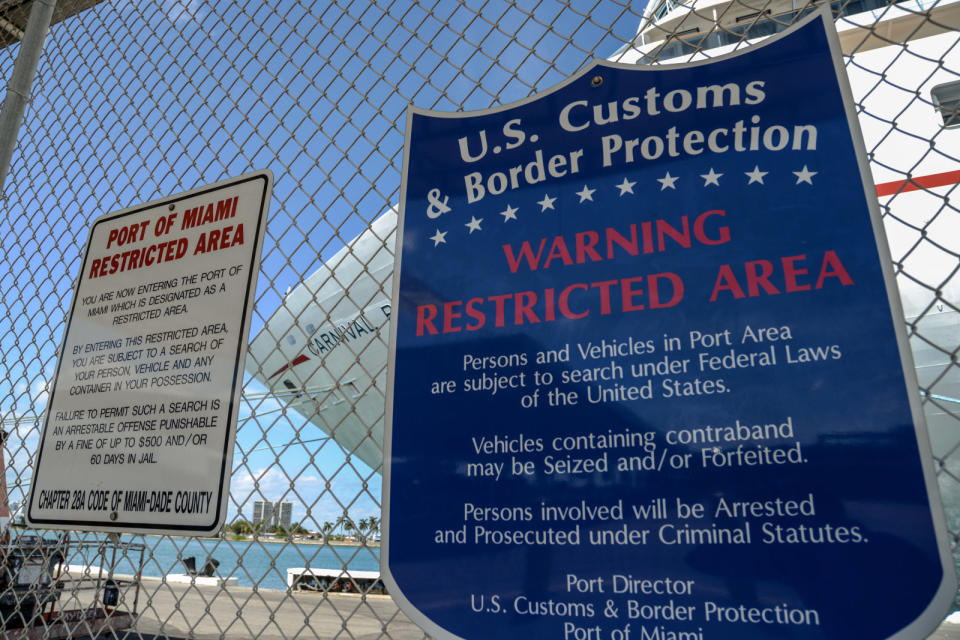ACLU: border agents regularly perform 'warrantless' device searches
It wants summary judgment in a lawsuit over border agent authority.
Privacy advocates have long been concerned that US border agents may be overstepping their boundaries when searching devices, and the ACLU just obtained evidence appearing to support that theory. The civil rights group has motioned for summary judgment in its lawsuit against the Department of Homeland Security after its discovery process revealed far-reaching policies for "warrantless and suspicionless" searches. Reportedly, both Customs and Border Protection as well as Immigration and Customs Enforcement have claimed "near-unfettered authority" to search phones, PCs and other devices, even though the requests fall well outside their purview.
Agency policies let officers search devices for generic law enforcement purposes like investigating bankruptcies and consumer portection laws, the ACLU said. Officers can also search devices to collect data about someone else, such as a friend that might be an illegal immigrant or the foreign sources for a journalist. CBP and ICE can also seize devices to produce "risk assessments" or push existing cases forward, and they'll consider requests for data from other US agencies.
Agents for the two can not only keep information taken from devices, but share it with other government bodies in the US and abroad, the ACLU added.
The ACLU's motion for judgment argues that the searches violate Fourth Amendment rights preventing unreasonable searches and seizures. However, it added that these searches effectively stomped on the First Amendment as well, as people would "self-censor and avoid expressing dissent" if they knew that border agents would sift through their data. The plaintiffs in the case include both a journalist seemingly targeted for his reporting as well as another whose phone included attorney-client privileged content.
CBP told Engadget that it was "unable to comment on matters under litigation." However, the ACLU didn't mince words. It saw authorities using the border as a pretense for an "end run around the Constitution," and hoped a judgment would force border agents to get warrants for future searches. There's no guarantee the ACLU will succeed in obtaining a judgment or winning if it has to go to trial. Should it win, though, border officials may have to dramatically limit the scope of their searches.


